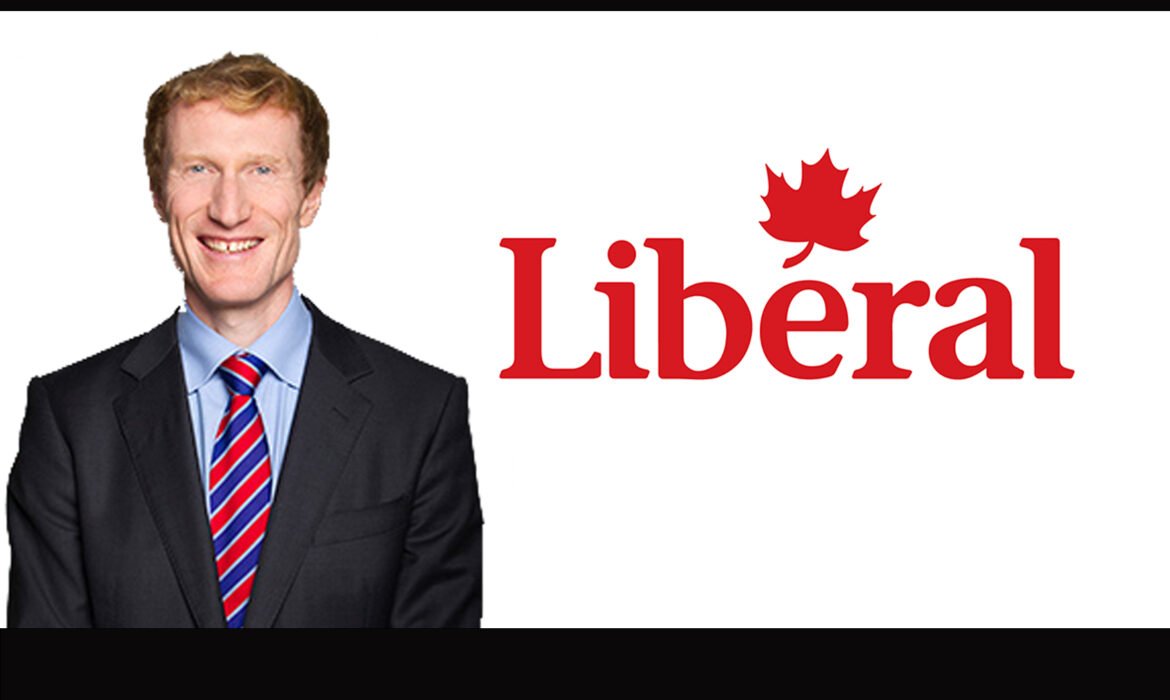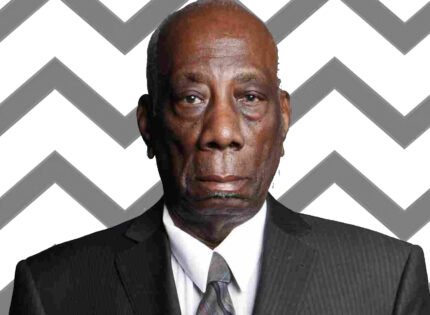As minister of Indigenous Services, the issue of systemic racism is never far removed from the dossier of Marc Miller.
The first thing he recognizes is that no one province in Canada is worse or better that another when it comes to the historical disadvantages and disparities faced by certain minorities in this country, particularly in healthcare, the justice system and policing.
“I think it’s fair to say that there’re parallel experiences between Indigenous people and Black Canadians. Although there has always been a uniqueness in anti-black racism in this country.”
He said his government has since come to acknowledge systemic racism and its debilitating impact on Blacks and other racialized groups.
“But recognizing it and doing something about is quite another thing,” he told the CONTACT during a quick sit-down at his campaign office on Atwater Street in the heart of his Ville-Marie—Le Sud-Ouest—Île-des-Sœurs riding.
Miller points to the Black Entrepreneurship Program as decisive action on the part of the Liberals in tackling the long-standing issue of funding for Black owned businesses.
“That inability to access financing by Black entrepreneurs has not only been perpetuating systemic racism but has been leaving money on the table, because Canada has not been capitalizing fully on its human potential.”
He says this type of governmental intervention has been long in coming and it’s not enough.
“We shouldn’t have to be in this situation. But we’re here… that’s what systemic racism is about. Now it’s up to the federal government to bring provincial governments along on this very important issue.”
He is however, proud of the inroads made with the Indigenous people especially with policies and protocol surrounding COVID-19.
“We have a vaccination rate of 90% among first nations, which is great and I think reflects the work and planning that went into the early distribution of vaccines.”
Miller said the Liberal government decided that Indigenous people would get the vaccines before anyone in Canada because they were mindful of existing comorbidities such as diabetes, high blood pressure and coronary issues as well as the troubling situation of over-crowding in housing.
But while he is proud of the positive outcomes on the COVID-19 file, Miller says he remains mindful of the work that still has to be done on other very important issues on reconciliation especially his government’s commitment to lifting all long-term drinking water advisories on First Nations reserves.
And he acknowledges that true reconciliation comes only when there’s complete trust in Canada’s commitment to do right on marginalization issues of such as policing, the justice system and economic disparities.

















